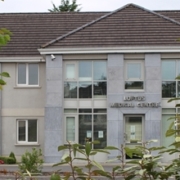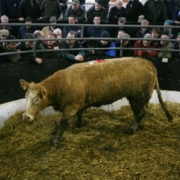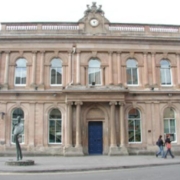Gospel and reflection 6.11.2022
Gospel – 6th November 2022
Alleluia
Rv 1:5a, 6b
R. Alleluia, alleluia.
Jesus Christ is the firstborn of the dead;
to him be glory and power, forever and ever.
R. Alleluia, alleluia.
Gospel
Lk 20:27-38
Some Sadducees, those who deny that there is a resurrection,
came forward and put this question to Jesus, saying,
“Teacher, Moses wrote for us,
If someone’s brother dies leaving a wife but no child,
his brother must take the wife
and raise up descendants for his brother.
Now there were seven brothers;
the first married a woman but died childless.
Then the second and the third married her,
and likewise all the seven died childless.
Finally the woman also died.
Now at the resurrection whose wife will that woman be?
For all seven had been married to her.”
Jesus said to them,
“The children of this age marry and remarry;
but those who are deemed worthy to attain to the coming age
and to the resurrection of the dead
neither marry nor are given in marriage.
They can no longer die,
for they are like angels;
and they are the children of God
because they are the ones who will rise.
That the dead will rise
even Moses made known in the passage about the bush,
when he called out ‘Lord, ‘
the God of Abraham, the God of Isaac, and the God of Jacob;
and he is not God of the dead, but of the living,
for to him all are alive.”
REFLECTION
From today’s Gospel, we learn:-
-The Resurrection is a divine gift that God gives to us. We can never earn our way to heaven. This gift cannot be presumed and our life must be lived in Christ-like ways.
-The Sadducees thinks that our earthly marriage and relationships continue in the next world. However, Jesus says there is no need for relationships in heaven because people live forever in the fullness of God’s glory.
-Jesus proclaims that He is Lord over the living and the dead now and for all The quality of our present life is measured by the quality of our relationship with the Lord. Deepen this relationship daily.
November is a month when the church invites us to remember those who have died. This month there will be many memorial services or Masses in parishes, when people will remember loved one who have come to the end of their earthly pilgrimage. November is a month to remember with affection all those past friendships and relationships that have graced and blessed us.
I have never found November an easy month. October still has the colours of Autumn and even though the days are getting shorter we occasionally get days that remind us of Summer. December is a darker month than November but Advent which takes up three weeks of December is a hopeful season. For the children of course, and for the adults, Christmas is on the horizon. Also in December I am conscious that the shortest day of the year is only a few weeks away and after that the days start getting longer. November doesn’t seem to have the colours of October or the hopeful looking forward of December. It always seems to me, at least, to be something of a valley month. Perhaps it is appropriate that it is the month when we reflect on death, which can be a dark experience for all who are touched by it.
Yet, for us as followers of the Lord, there is always light in the darkness. We are never without the light of Christ, even in the face of death, whether it is our own death or the death of loved ones. In today’s gospel reading, a group of Sadducees approach Jesus and try to ridicule his faith in the resurrection of the dead, his faith in fullness of life after death. Not all Jews at the time believed in a life beyond death, and the Sadducees certainly did not. They approach Jesus, knowing that he did not share their scepticism about life beyond death. They present a scenario which they believe makes a mockery of the notion of life beyond death. The woman who had seven husbands in this life; which of them will be her husband in the next life? Jesus responds to the mocking question of the Sadducees in a very considered way.
To begin with, he rejects the presumption hidden in their question that life beyond death will simply be a continuation of this life as we know it now. He declares that there is a radical difference between our life on earth and our life in what Jesus calls ‘the other world’. That future life will be absolutely new, compared to this life. It is a life we can hope for but it is not a life we can describe. Human language can only hint at this new and transformed life. Saint Paul had met the risen Lord on the road to Damascus. He was touched by the Lord’s risen life, the life that is our ultimate destiny. Yet, he is very reluctant to speak or write about what this risen life will be life. In his first letter to the Corinthians, he declares that ‘no eye has seen, no ear has heard, no mind has conceived what God has prepared for those who love him’. Paul is reminding us that the life of heaven is so completely new that no earthly experience can compare with it. All we can say is that it is a life that will fulfil our deepest hungers and thirsts. That is perhaps why Jesus often speaks of the life of the kingdom of heaven using the imagery of the great banquet. That image also suggests an experience of communion, communion among people and between them and their host, the Lord.
PRAYER:-
Lord, may I always be ready to greet You when You come. I thank You for Your perfect promise of raising all from the dead and bringing forth new life. Use me to gather many into this future and glorious Kingdom, dear Lord. Jesus, I trust in You.
Courtesy of Fr. Martins daily homilies

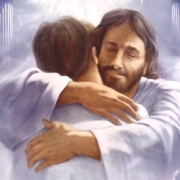
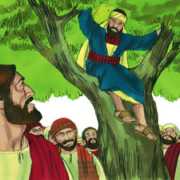
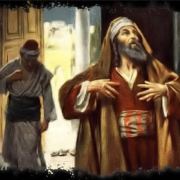
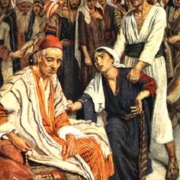
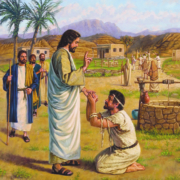
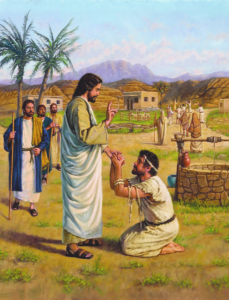

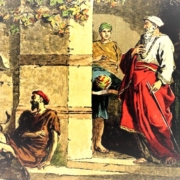
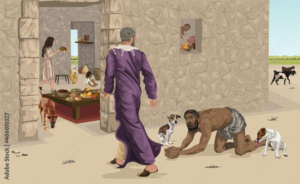
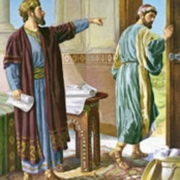
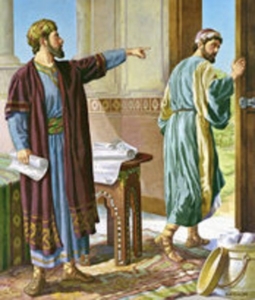
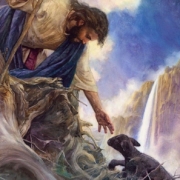
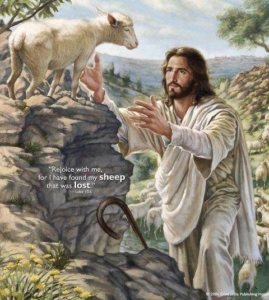
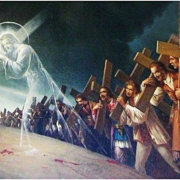
 William G. Henry & Co., Solicitors
William G. Henry & Co., Solicitors Stewart Fuel Oils, Boyle
Stewart Fuel Oils, Boyle

